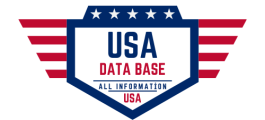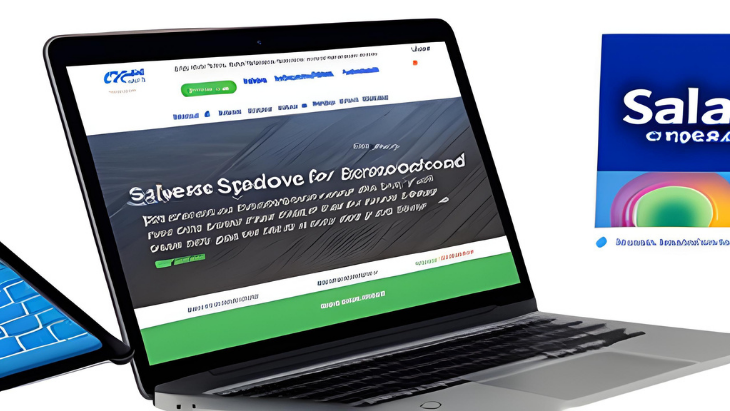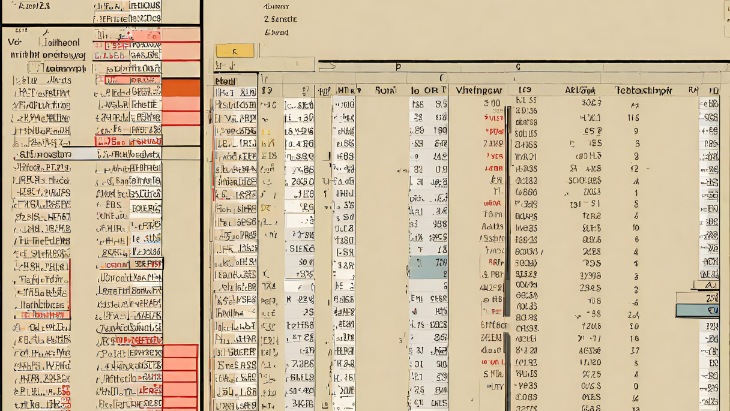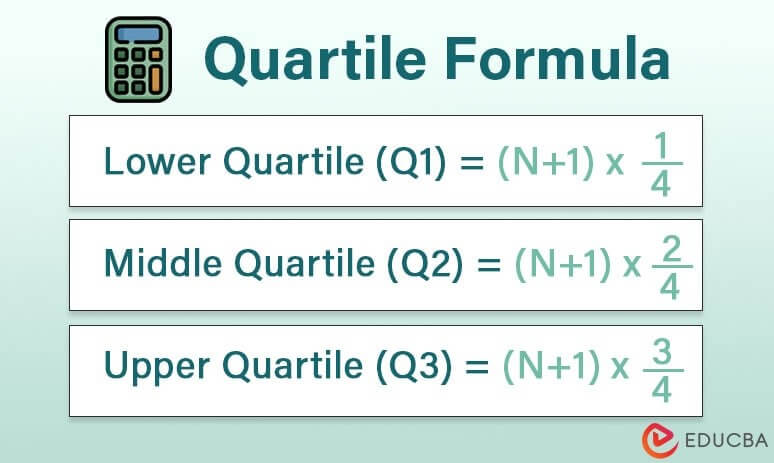Salespad CRM is a powerful Customer Relationship Management (CRM) software designed to streamline and optimize your business’s customer interactions. With its user-friendly interface and robust features, Salespad CRM empowers businesses of all sizes to effectively manage leads, track customer interactions, and improve overall customer satisfaction. It offers a centralized platform for sales, marketing, and customer support teams to collaborate, ensuring a seamless and data-driven approach to nurturing customer relationships. Whether you’re a small startup or a large enterprise, Salespad CRM provides the tools you need to enhance customer engagement, increase sales, and drive business growth.
Customer Relationship Management
Customer Relationship Management (CRM) is a comprehensive strategy and technology-driven approach that businesses employ to manage and improve their interactions with customers. At its core, CRM is about building and nurturing strong relationships with customers, with the ultimate goal of enhancing customer satisfaction and loyalty. It involves the systematic collection, analysis, sharing, and utilization of customer data to better understand their needs and preferences.
One of the central aspects of CRM is the centralization of customer information, which allows businesses to maintain a holistic view of each customer’s history, interactions, and preferences. This information can be used by various departments within an organization, including sales, marketing, and customer support, to tailor their approaches and services to individual customer needs.
CRM software systems play a pivotal role in this process by providing tools for data management, analysis, and automation. These systems enable businesses to track customer interactions across multiple channels such as email, phone calls, social media, and in-person meetings. By doing so, businesses can create more personalized and timely communication, offering customers the products and services they need when they need them.
Additionally, CRM systems aid in lead management, sales forecasting, and customer segmentation, helping organizations make informed decisions about resource allocation and marketing strategies. CRM has become an indispensable tool in modern business, as it empowers companies to not only attract and retain customers but also to foster long-term, mutually beneficial relationships that drive sustainable success and growth.
CRM software
CRM Software, or Customer Relationship Management Software, is a technology solution designed to help businesses manage and optimize their interactions with customers and potential clients. This software serves as a centralized hub for collecting, organizing, and analyzing customer data, enabling organizations to build stronger, more meaningful relationships with their customer base.
Key features of CRM software typically include contact management, lead tracking, sales pipeline management, and communication history tracking. By using CRM software, businesses can gain valuable insights into customer behavior and preferences, which in turn allows for more personalized marketing campaigns and sales strategies.
CRM software also enhances collaboration among teams by providing a unified platform for sales, marketing, and customer support departments to access and share customer information. This ensures that everyone in the organization is on the same page when it comes to customer interactions.
Furthermore, CRM software often includes automation tools that streamline repetitive tasks, such as sending follow-up emails or generating sales reports. This automation not only saves time but also improves efficiency and consistency in customer interactions.
In summary, CRM software plays a pivotal role in modern business operations, helping companies of all sizes manage customer relationships more effectively, increase sales, and ultimately drive business growth. Its ability to centralize customer data and facilitate data-driven decision-making makes it an essential tool in today’s competitive business landscape.
Salespad CRM features
Salespad CRM is a robust Customer Relationship Management (CRM) software solution that offers a wide array of features designed to enhance customer relationship management and streamline various aspects of business operations.
- Contact Management: Salespad CRM provides a centralized database for storing and managing customer information. It allows businesses to easily access and update customer profiles, including contact details, communication history, and preferences.
- Lead and Opportunity Tracking: Users can track leads and opportunities through various stages of the sales pipeline. This feature enables sales teams to prioritize and focus on the most promising leads, ultimately improving conversion rates.
- Sales Automation: The software offers automation tools for tasks such as sending follow-up emails, scheduling appointments, and setting reminders. This helps sales teams stay organized and ensures timely follow-ups with leads and customers.
- Marketing Campaigns: Salespad CRM supports marketing efforts by allowing users to create and manage marketing campaigns. Businesses can segment their customer database for targeted marketing and track campaign effectiveness.
- Analytics and Reporting: The platform provides robust reporting capabilities, allowing users to generate detailed reports on sales performance, customer behavior, and other key metrics. These insights inform data-driven decision-making.
- Customer Support: Salespad CRM often includes customer support features, enabling businesses to track and manage customer inquiries, complaints, and requests. This enhances overall customer service and support operations.
- Integration: Many CRM systems, including Salespad CRM, offer integration options with other business tools, such as email, calendars, and accounting software. This integration streamlines workflows and data sharing.
- Mobile Accessibility: Salespad CRM is often accessible via mobile apps, enabling sales and support teams to access vital information while on the go, improving responsiveness to customer needs.
- Security and Data Protection: CRM software typically includes robust security features to protect sensitive customer data. Access controls, encryption, and data backup are commonly included.
- Customization: Users can often customize Salespad CRM to align with their specific business needs. This may include custom fields, workflows, and reporting templates.
In conclusion, Salespad CRM offers a comprehensive suite of features designed to help businesses manage customer relationships effectively, optimize sales processes, and make data-driven decisions. These features collectively contribute to improved customer satisfaction, increased sales, and enhanced overall business performance.
CRM solutions
CRM Solutions, short for Customer Relationship Management Solutions, are comprehensive software platforms or services designed to help businesses effectively manage and nurture their customer relationships. These solutions are tailored to address the unique needs of modern businesses in building strong, lasting connections with their customers.
Key elements of CRM solutions typically include:
- Contact Management: CRM solutions offer a centralized database for storing and organizing customer information, including contact details, communication history, and preferences.
- Sales and Lead Management: They enable businesses to track sales leads, opportunities, and customer interactions, providing a clear view of the sales pipeline and helping prioritize prospects.
- Marketing Automation: Many CRM solutions incorporate marketing automation features, facilitating targeted marketing campaigns, email marketing, and lead nurturing.
- Customer Support and Service: CRM solutions often include tools for managing customer inquiries, support tickets, and service requests, ensuring efficient customer service operations.
- Analytics and Reporting: They provide robust reporting capabilities, allowing businesses to gain insights into customer behavior, sales performance, and overall business metrics.
- Integration: CRM solutions can integrate with various other business tools, such as email, calendars, and accounting software, streamlining data flow and enhancing efficiency.
- Customization: Users can customize CRM solutions to align with their specific business processes, adding custom fields, workflows, and templates.
- Mobile Accessibility: Many CRM solutions offer mobile apps, allowing sales and support teams to access critical information on the go, improving responsiveness.
- Data Security: Robust security features, including access controls and data encryption, safeguard sensitive customer information.
- Scalability: CRM solutions can accommodate the needs of businesses of all sizes, from small startups to large enterprises, making them versatile and adaptable tools.
In summary, CRM solutions play a pivotal role in modern business operations, enabling companies to enhance customer relationships, streamline sales and marketing efforts, and make data-driven decisions. By centralizing customer data and automating key processes, these solutions empower businesses to deliver exceptional customer experiences and drive growth.











